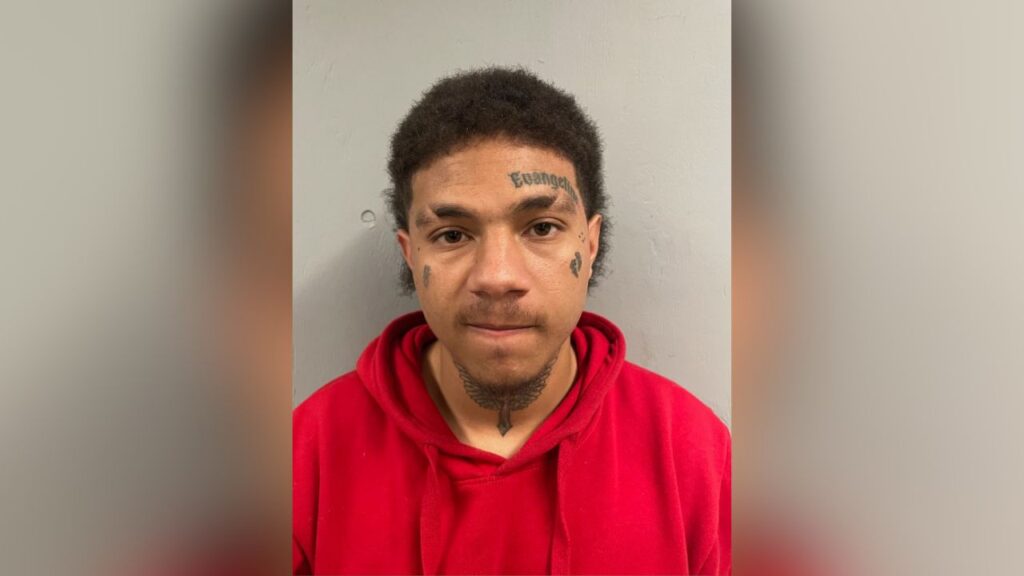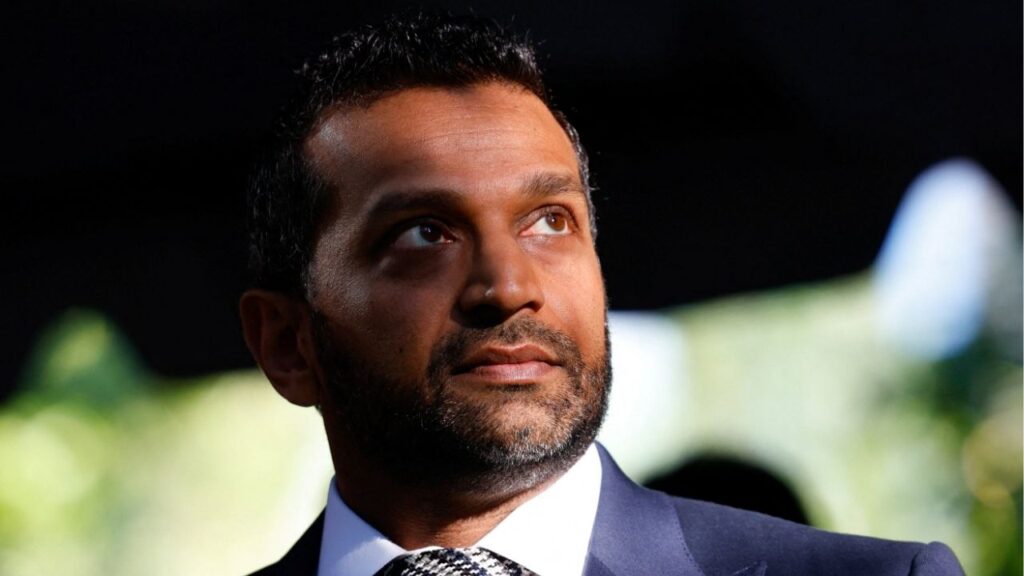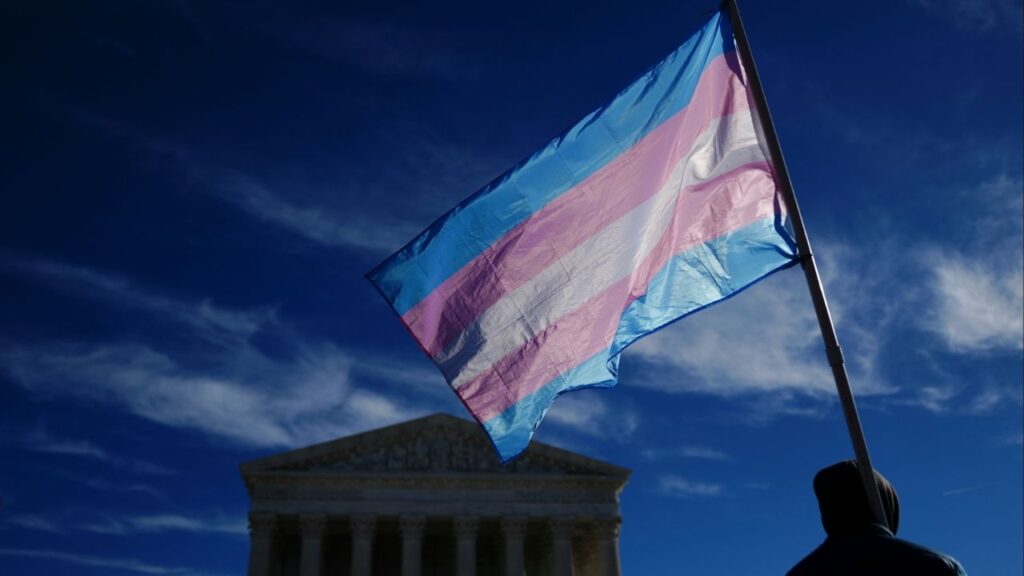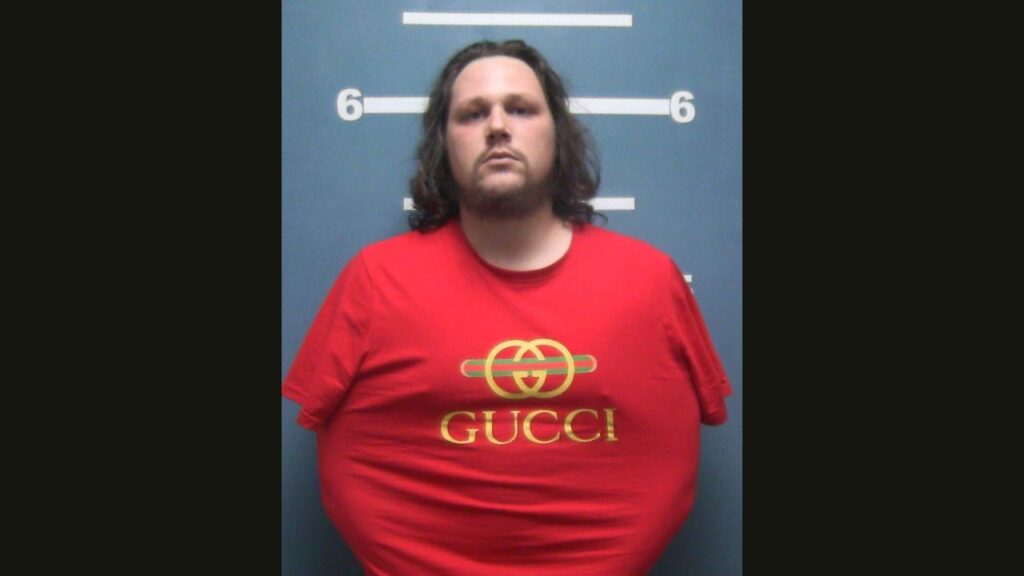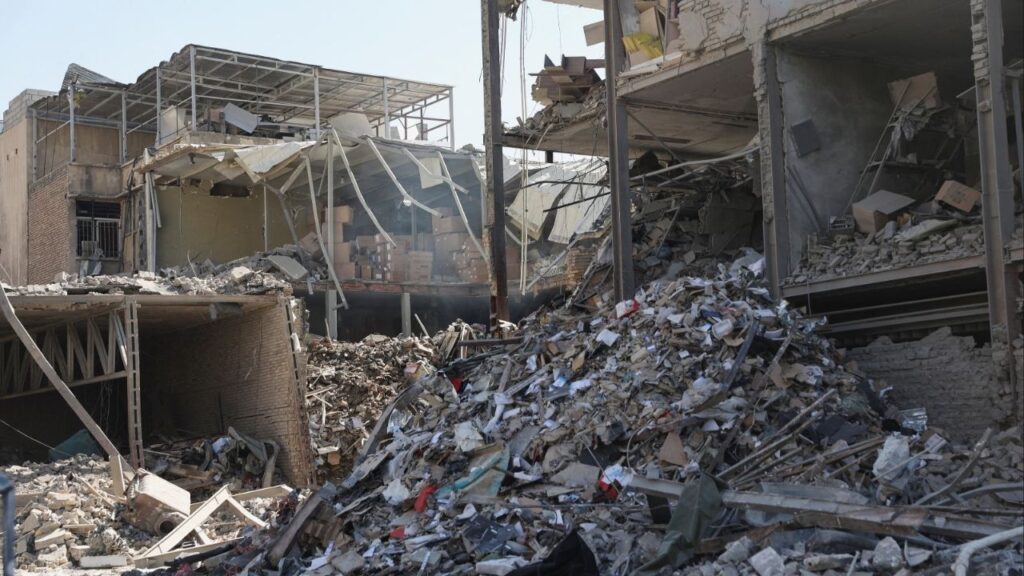A “Greetings from Springfield” mural in Springfield, Ohio, Aug. 27, 2024. Residents of the Ohio city where Donald Trump has baselessly insisted that Haitian immigrants are eating their neighbors’ pets expressed concern on Thursday, Sept. 19, 2024, after Trump publicly promised to visit in two weeks. (Maddie McGarvey/The New York Times)

- Trump plans to visit Springfield, Ohio, amid controversy over his claims that Haitian immigrants are eating pets, sparking local concern.
- Local leaders, including Gov. Mike DeWine, are preparing for the visit but hope Trump will reconsider his baseless allegations about Haitian residents.
- The Haitian community in Springfield, mostly legal immigrants, faces threats and heightened fear due to Trump’s rhetoric, while opinions on his visit are divided among residents.
Share
|
Getting your Trinity Audio player ready...
|
Residents of the Ohio city where former President Donald Trump has baselessly insisted that Haitian immigrants are eating their neighbors’ pets expressed concern on Thursday after Trump publicly promised to visit in two weeks.
The city, Springfield, has become a focus of unwanted national attention after Trump’s running mate, Sen. JD Vance of Ohio, began sharing since-debunked claims that Haitian residents had been taking and eating people’s pets. Trump amplified that claim in his debate last week against Vice President Kamala Harris.
On Wednesday night at a rally on Long Island in New York, Trump said he planned “to go there in the next two weeks.” The former president has a long history of saying he’ll do something — and do it in two weeks — only to move on and never mention it again.
Gov. Mike DeWine of Ohio and the city’s mayor, Rob Rue, both of whom are Republicans, said Thursday that preparations were underway for a potential visit.
At a news conference, Rue said he hoped that Trump would change his mind and that doing so would “convey a significant message of peace” to Springfield. DeWine, appearing at the same news conference, said that if Trump continued to make baseless allegations about the Haitian residents of Ohio, he would correct him, but that it wasn’t his place to discourage Trump from visiting his state.
Rue also issued a public safety proclamation for the city. The directive, according to a city statement, grants the mayor “temporary emergency powers to mitigate public safety concerns.” The city has faced bomb threats, many of which DeWine has said were from foreign actors looking to stir chaos.
Spokesperson for Trump Had Nothing to Add
A spokesperson for Trump said she had nothing more to add about when a visit might take place. And a person briefed on Trump’s plans said that some members of his team believe that a visit to Springfield is so contentious that he might appear in a different city but would still tie it to his focus on immigrants.
That would be a relief to Sue Call, 75, the owner of Sue’s Furniture in downtown Springfield.
“I don’t think it’s a good idea,” she said Thursday of a possible Trump visit. “It’s just going to stir a lot of people up.”
Call was among those who were unhappy with Trump pushing a claim that local officials have repeatedly said has no merit.
“For that caliber of person just taking hearsay? That hurt a lot of people,” she said, adding that Haitians are among her regular customers. “They respect me, I respect them. It’s all been good that I can see.”
The Haitian community in Springfield is mostly made up of immigrants who are in the country legally, despite Trump and Vance’s repeated insistence on using them as an example of immigrants who entered illegally taking over a city. Most of the immigrants are protected legally because they fled dangerous conflict in Haiti.
At least some Springfield residents, however, said they were receptive to a Trump appearance.
Standing in line to pick up items at a mobile food pantry run by the nondenominational Central Christian church, Dave Ryan, 46, welcomed a Trump visit.
“I think it’s good if a soon-to-be president comes here to see how the Haitians are affecting people here and how to fix it,” Ryan said.
He said Trump needed to see the situation firsthand, adding, “The Haitians affect everyone. People are scared. Their way of life is different than ours.”
Ann Walters, who was volunteering at the food pantry, disagreed, and said Trump’s presence in Springfield would be bad for the city.
“I think there’s been enough attention already,” she said. “It would just create more violence and problems.”
And Reginald Silencieux, 40, the pastor of First Evangelical Church of Springfield, said the former president was free to visit. Silencieux, a Haitian immigrant, spoke in an interview Thursday assisted by a congregant who speaks English and Haitian Creole.
He added that there had been a significant cost to the Haitian community, because of the threats brought on from the attention.
“We are scared to go outside,” he said. “We’ve been receiving a lot of threats, physically and verbally.”
–
This article originally appeared in The New York Times.
By Mattathias Schwartz, Kevin Williams and Maggie Haberman/Maddie McGarvey
c. 2024 The New York Times Company
RELATED TOPICS:
Categories

Lebanon Sucked Deeper Into War as Hezbollah, Israel Trade Blows
